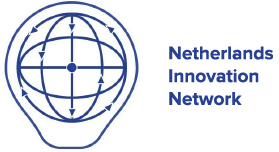Societal Challenges
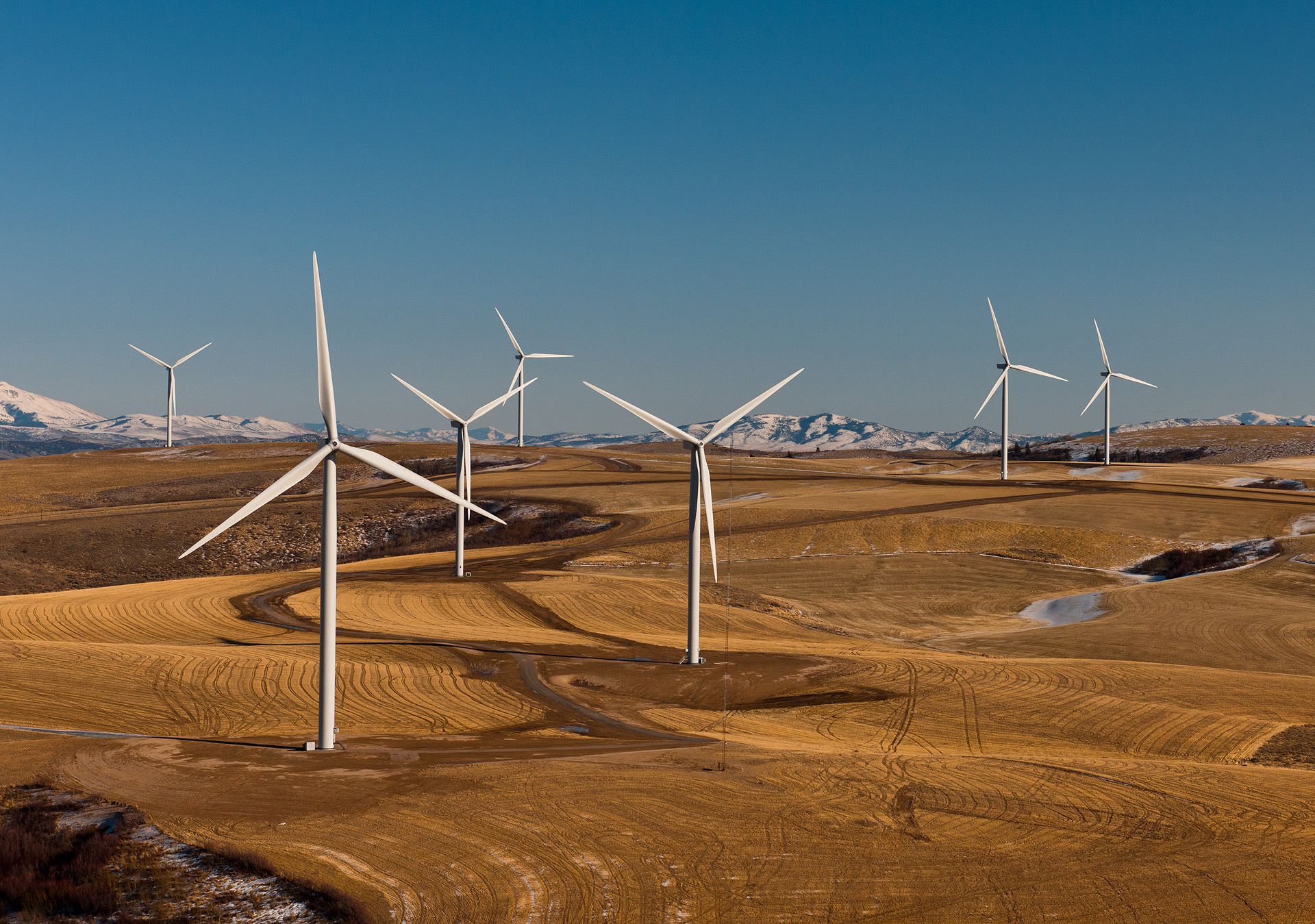
Energy transition
The Dutch government has proposed major innovation goals for the energy transition and sustainability:
- New technologies, business models, institutional renewal and regulations for production systems.
- Balancing the supply and demand of energy using real-time monitoring and forecasts.
- Storage for renewable energy.
- Usage and development fo sustainable bio-materials.
Agriculture, water and food
The Dutch government has proposed major innovation goals for agriculture, water and food:
- Usage and development of integrated water supply systems based on sensors, algorithms and satellite data
- Living with and using the sea: offshore, deep-mining and sea farming
- Development of new, health food and personal nutrition
- Linking nutritional and behavioral insights: making healthy choices and supporting them through apps and data
- Intensive and sustainable production systems for food and bio materials using precision agriculture
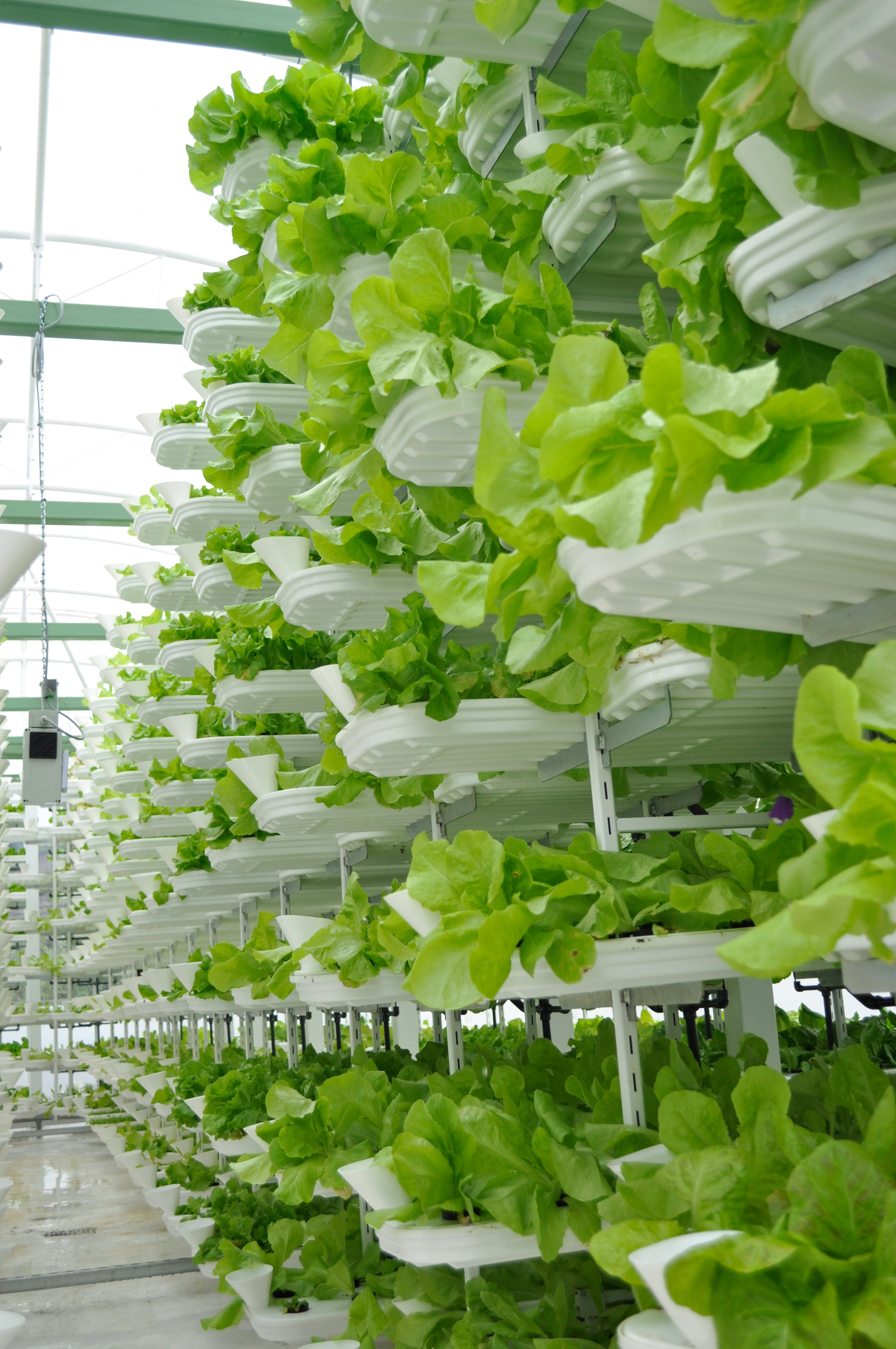
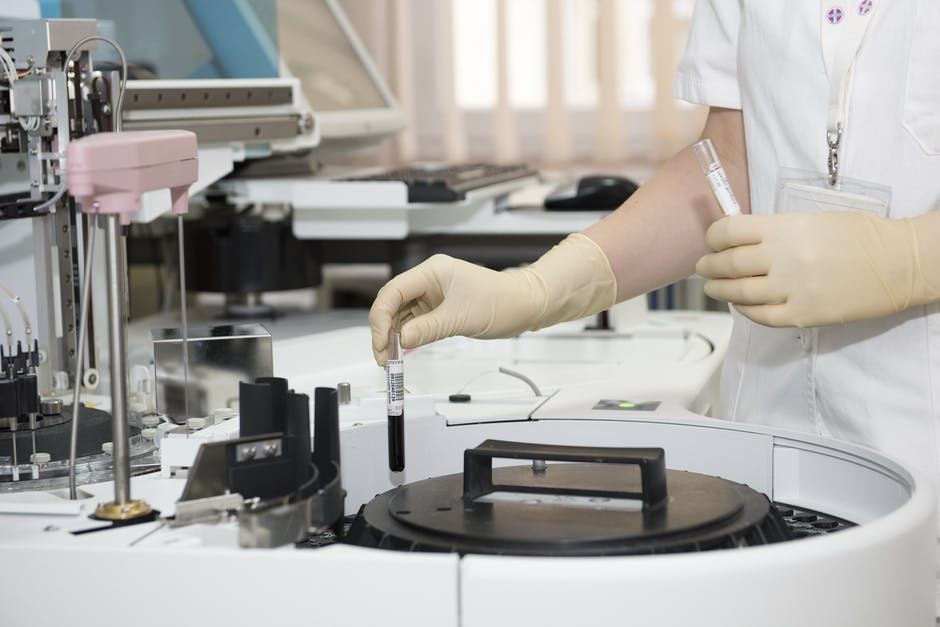
Health and care
The Dutch government has proposed major innovation goals for health care:
- Prevention and management of chronic diseases: promotion of healthy behavior and literacy, personal coaching systems based on data from the individual and environmental data
- Personalized care: development of individual targeted diagnostics, treatment methods and medicines
- New medical technologies: surgical robots, care robots and portable artificial kidneys, biomedical materials and regenerative medicine
- New care concepts and models based on e-health and m-health for a sustainable health care system
Security
The Dutch government has proposed major innovation goals for security:
- Safe and reliable physical and digital infrastructure
- Security, privacy and citizens' identity: for example, deploy big data for a safe society
- Preventing and dealing with security threats
- Protection of people and objects against physical and chemical threats by, for example, clothing and armor or active systems
- Automated processes for military and civil services
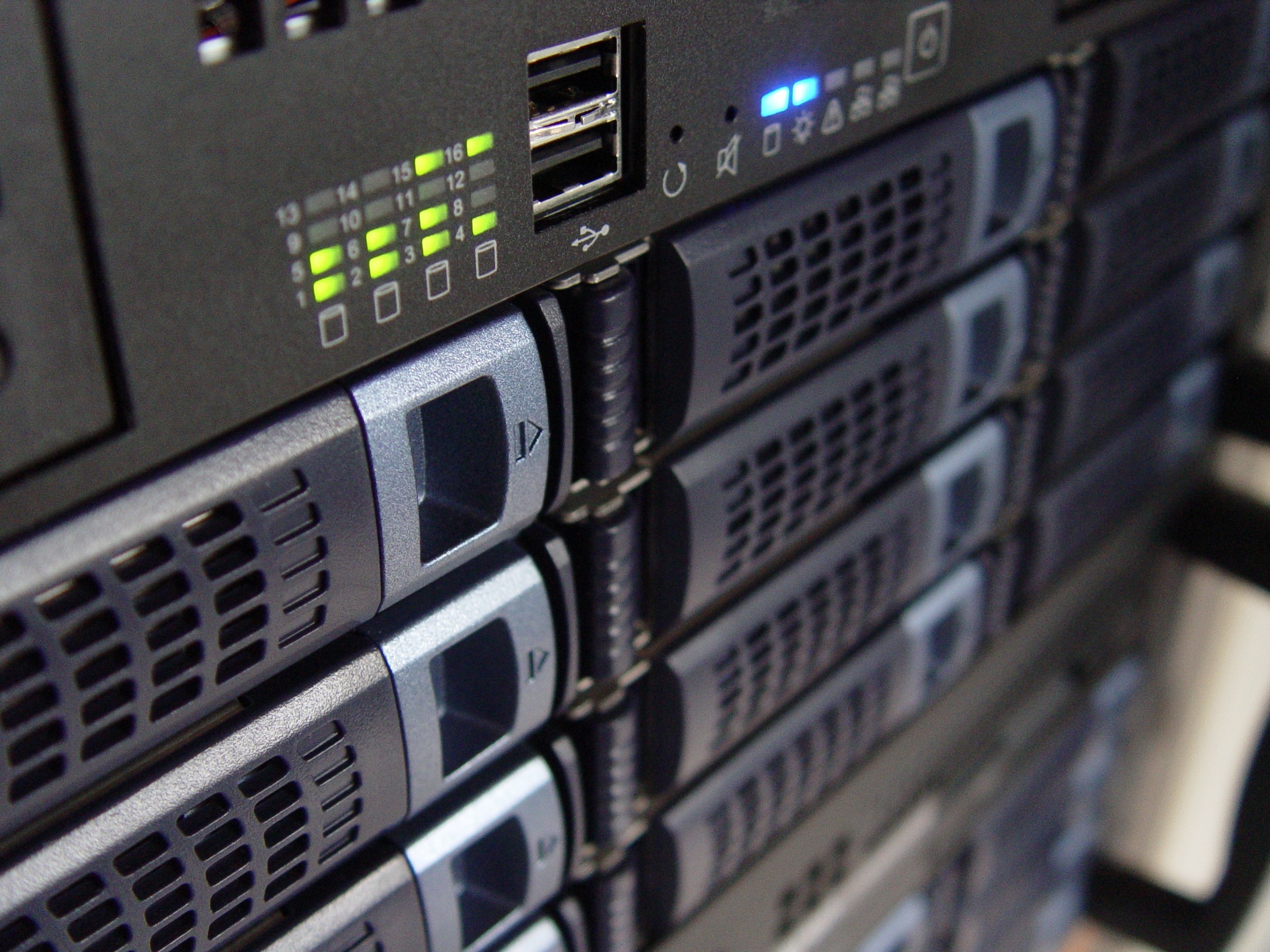
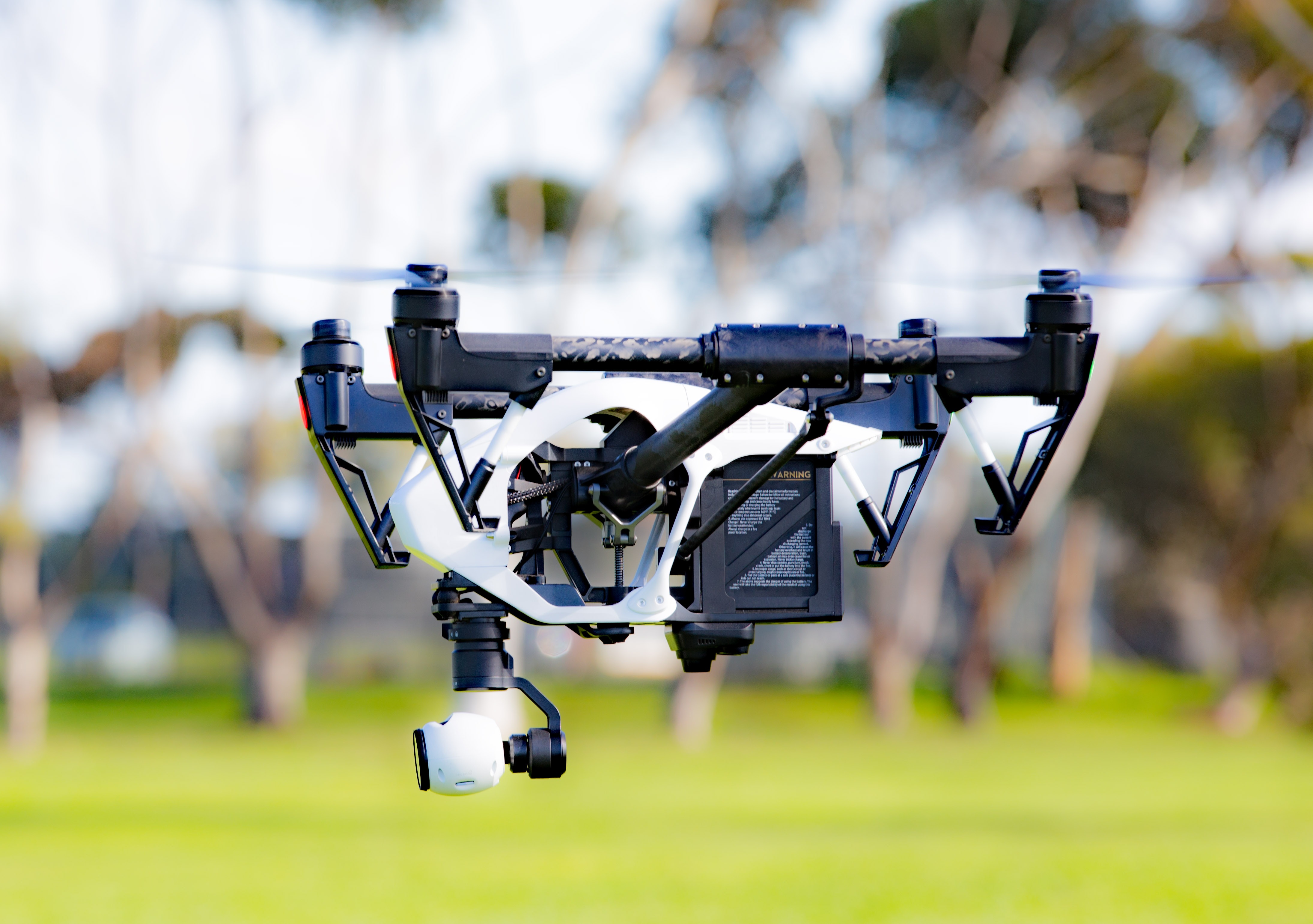
Circular Economy
The Knowledge and Innovation Agenda Circular Economy (KIA CE) is the actualization of the KIA CE 2020-2023 and a further elaboration of the Mission CE that was launched in 2023 as determined by the Ministry of Infrastructure and Water Management. The KIA CE describes the knowledge and innovation issues in the field of circularity in order to achieve the transition to a circular economy. It also relates to the necessary cooperation between companies, knowledge institutions, public authorities and civil society (quadruple helix), both for research and innovation as well as for scale-up. The current KIA CE applies for the period 2024-2027.
Get in touch
-
Innovatie Attaché Netwerk
-
Embassy of the Netherlands in Israel, Economic Department
-
14 Abba Hillel Street, Ramat Gan 5250607
